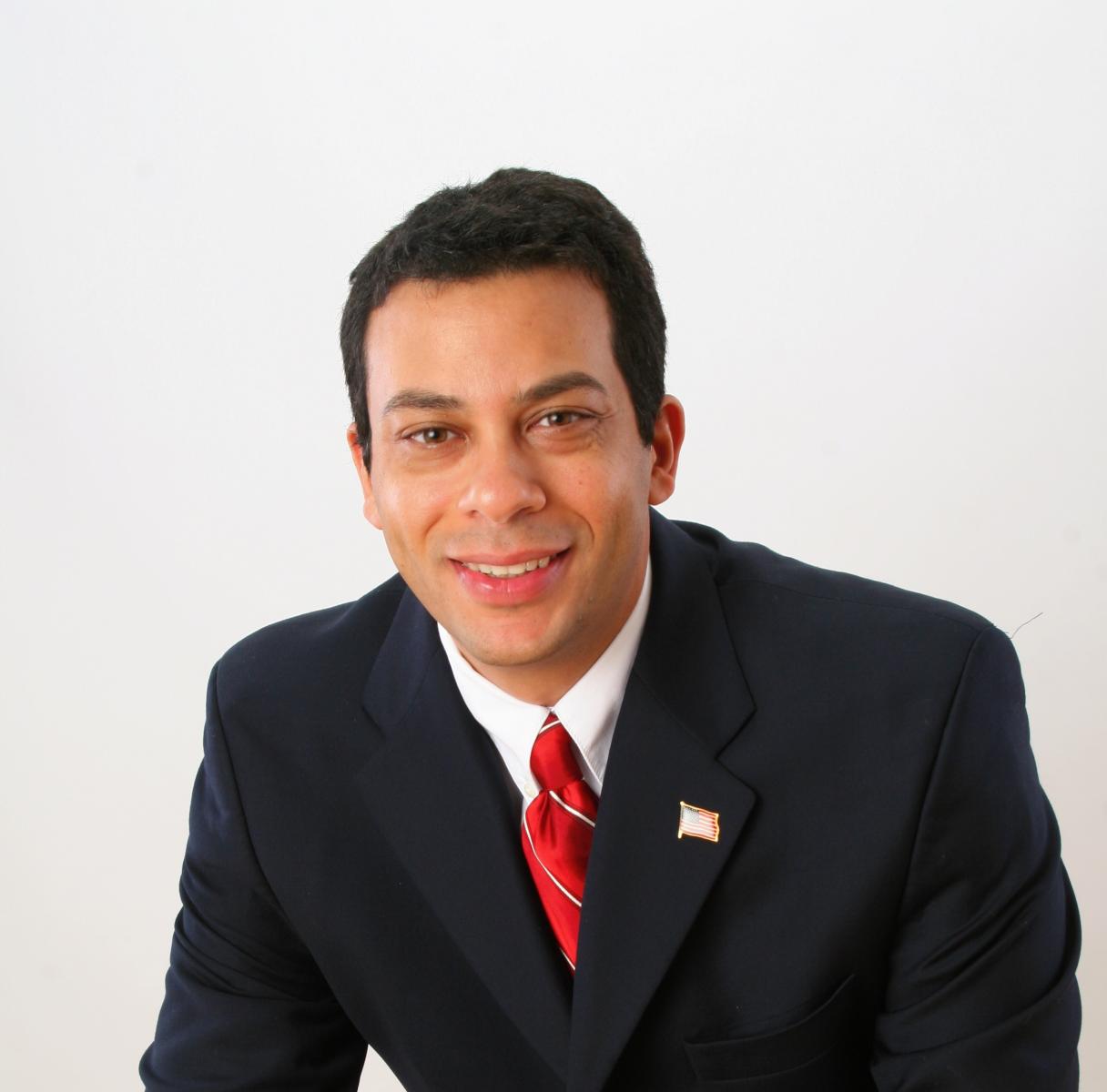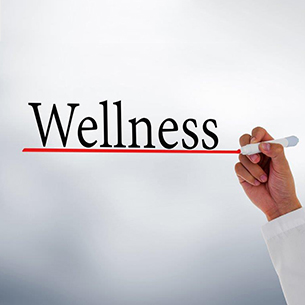 By Nasser H. Hanna, MD
By Nasser H. Hanna, MD
I’ve often wondered if oncologists suffer from post-traumatic stress disorder, or PTSD. After all, we witness human suffering on a daily basis. Maybe that explains the fatigue and sleepless nights.
Every now and then I experience an existential crisis. I call it the “achievement paradox.” We declare “victory” over cancer in one patient only to feel defeated by the next losing battle. No matter what success our patients achieve, we can’t cheat death. Cancer causes so much suffering, grief, loss, and death. You may begin to feel sorry for yourself and ask, “What’s the point?”
The suffering surfaces in wave after wave interrupted by short-lived victories. You are constantly surrounded by pain. We have our intellectual exercises at meetings, conferences, and teaching sessions, even in our Tumor Boards. We are mired in a world of different standards and we use words like “significant,” “breakthrough,” and “well tolerated.”
What prepares you for this? You remind yourself of the nobility of the cause. You try not to feel sorry for yourself when your patients have it so much worse. You contemplate philosophical and religious solutions. What does Christ think? Buddha? God? You conclude that suffering is universal in nature, a part of life. All animals suffer, but humans are the only ones that have the cognitive ability to think we can alter it, escape it, prevent it, remove it, and abolish it. Optimism turns to realism which turns into cynicism, which turns into sadness, despair, and hopelessness. You understand why someone would want to end their suffering. It is unbearable, incomprehensible, and foreign to you. You can’t control this feeling, and attempting to only makes it worse. There seems like no escape. It is overwhelming. You cry and sleep and don’t want to be around others but you are too scared to be alone.
You pray to a higher power… and in a moment you feel calm, safe, warm, loved, and protected. You aren’t sure what to make of it. You can’t believe what you just experienced. You embrace then deny then contemplate this feeling. You try and figure it out but you can’t. You try and reproduce the feeling but you can’t. You wonder what it was. Why did this happen? The fleeting feeling never comes back, but your depth of despair does not either.
The pain returns periodically, though not as frequent, not as deep, and not as long. You do your best, but you are no martyr—that is above your pay grade. Along the way you make an impact on your patients, their families, your students, and your colleagues. You are never totally content or at peace but Father Time forces you to resign yourself to doing the best you can, for as long as you can, for as many as you can.
You don’t share your story. You feel weak, ashamed, embarrassed.
Until, one day, you recognize the signs in someone else—maybe a colleague. You know the pain. You feel empathy and want to help but are not sure what to do. Then it comes to you. You ask and, if invited, you share. You are not alone.
So, what is the lesson in all of this? I don’t know. Your journey continues. But if in a moment of quiet connection with your colleague, as they share their story and you share yours, you can always begin with the comforting words, “Me, too.”
Dr. Hanna is a professor of medicine at Indiana University. He specializes in the study and treatment of lung and testicular cancers.


Recent posts